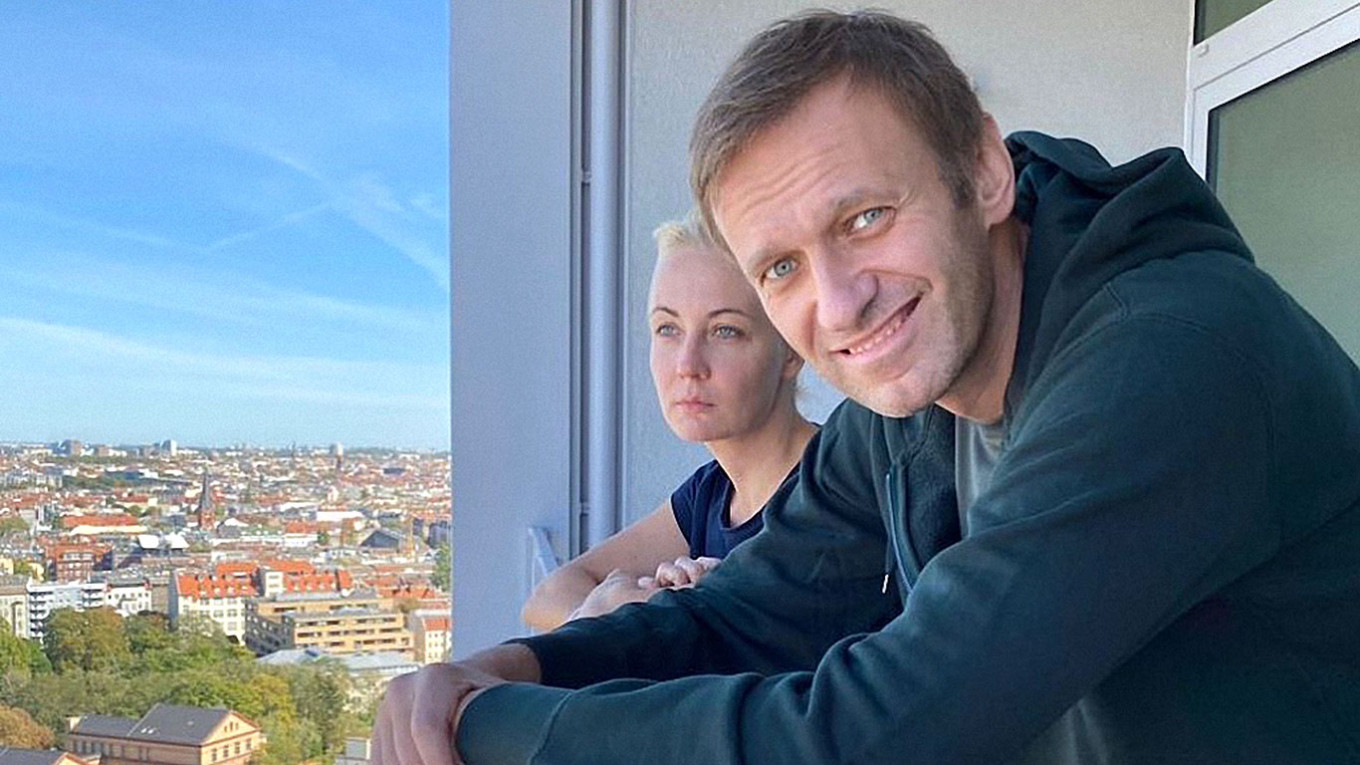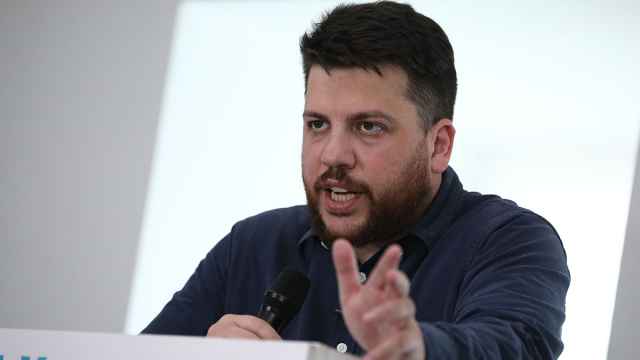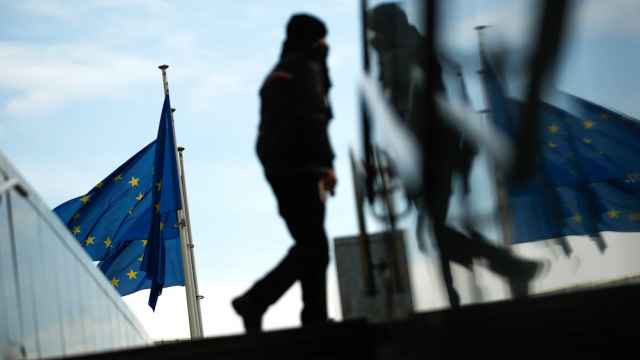Britain and the United States sanctioned seven Russian officials on the first anniversary on Friday of the near fatal poisoning of jailed Kremlin critic Alexei Navalny, which the West blames on Moscow.
The individuals — all members of Russia's domestic security service the FSB, successor to the KGB — are accused of planning or carrying out the Aug. 20, 2020 nerve agent attack.
They now face asset freezes and travel bans under the sanctions.
The measures are the second round of reprisals by Britain for the poisoning, after it targeted six individuals and one entity in October 2020.
The United States and European Union also imposed a round of their own sanctions in March.
Western intelligence agencies have assessed with "high confidence" that FSB officers poisoned Navalny with the nerve agent Novichok last year.
The dissident was flown to Germany for treatment but defiantly returned in January, only to be arrested and then sent to a penal colony.
British Foreign Secretary Dominic Raab said the latest sanctions were "sending a clear message that any use of chemical weapons by the Russian state violates international law".
He reiterated Western calls for a "transparent criminal investigation" into the poisoning.
"We urge Russia to declare its full stock of Novichok nerve agents," Raab added, saying there should be no impunity for the use of chemical weapons.
Those newly-targeted by Britain and the U.S. include alleged FSB operatives Alexey Alexandrov, Vladimir Panyaev and Ivan Vladimirovich Osipov.
The trans-Atlantic allies claim the trio where all present in the Russian city Tomsk at the time of Navalny's poisoning there and were "key figures" in the attempted assassination.
Meanwhile, four other high-ranking officials — including a major-general, a general and a colonel in the FSB — were also hit with the sanctions.
The measures further erode ties between Moscow and the West following Russia's annexation of Crimea in 2014, which led to a host of sanctions being imposed.
London's relations with Moscow have been dire since the 2006 radiation poisoning death in the British capital of former spy Alexander Litvinenko.
He blamed Putin for his death in a posthumous message.
Relations worsened after the 2018 attempted murder of former double agent Sergei Skripal and his daughter in the English city of Salisbury, using Novichok.
That prompted tit-for-tat expulsions of diplomats in both capitals.
Russia hit out at Western capitals following the last round of punitive measures announced in March, warning its foes "not to play with fire".
A Message from The Moscow Times:
Dear readers,
We are facing unprecedented challenges. Russia's Prosecutor General's Office has designated The Moscow Times as an "undesirable" organization, criminalizing our work and putting our staff at risk of prosecution. This follows our earlier unjust labeling as a "foreign agent."
These actions are direct attempts to silence independent journalism in Russia. The authorities claim our work "discredits the decisions of the Russian leadership." We see things differently: we strive to provide accurate, unbiased reporting on Russia.
We, the journalists of The Moscow Times, refuse to be silenced. But to continue our work, we need your help.
Your support, no matter how small, makes a world of difference. If you can, please support us monthly starting from just $2. It's quick to set up, and every contribution makes a significant impact.
By supporting The Moscow Times, you're defending open, independent journalism in the face of repression. Thank you for standing with us.
Remind me later.






